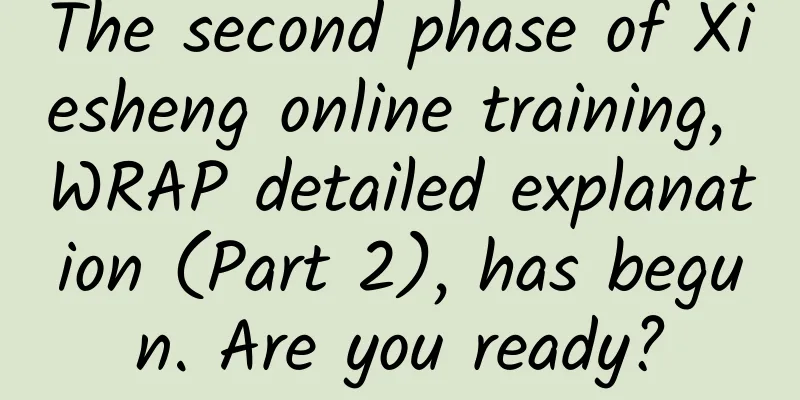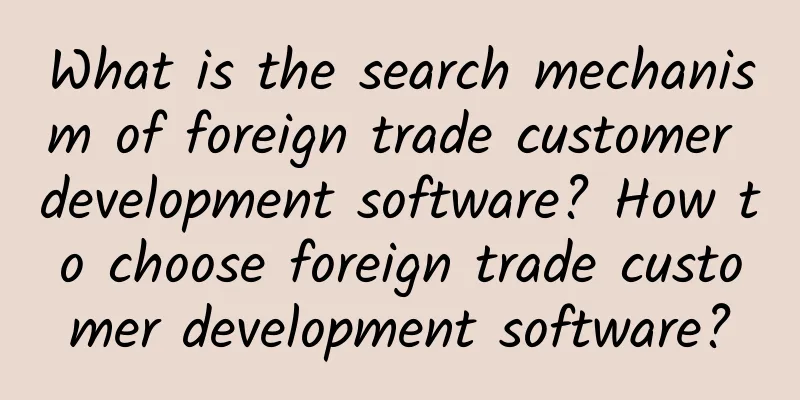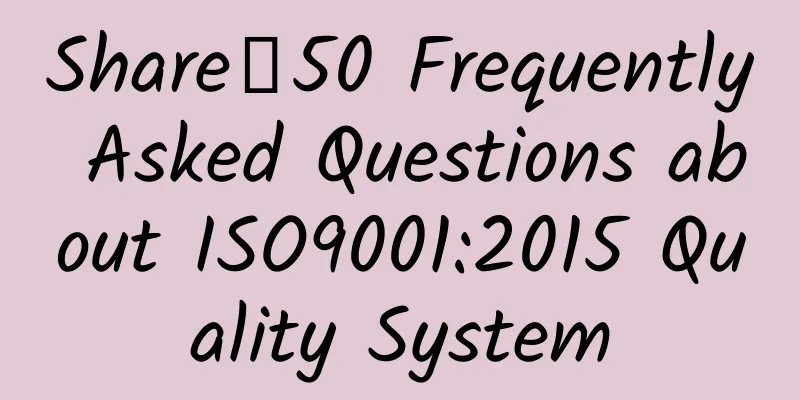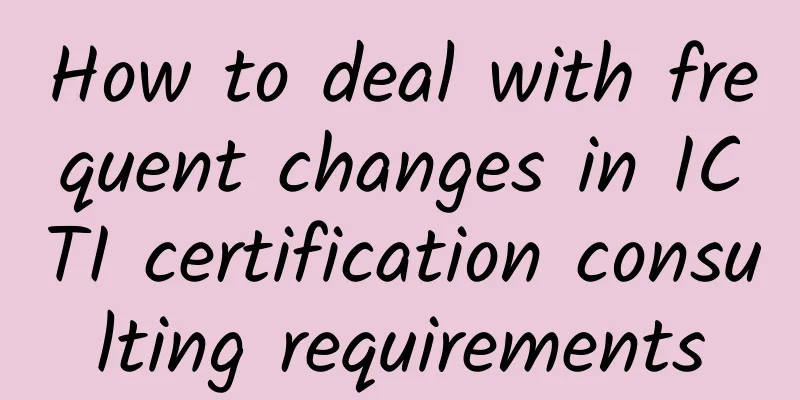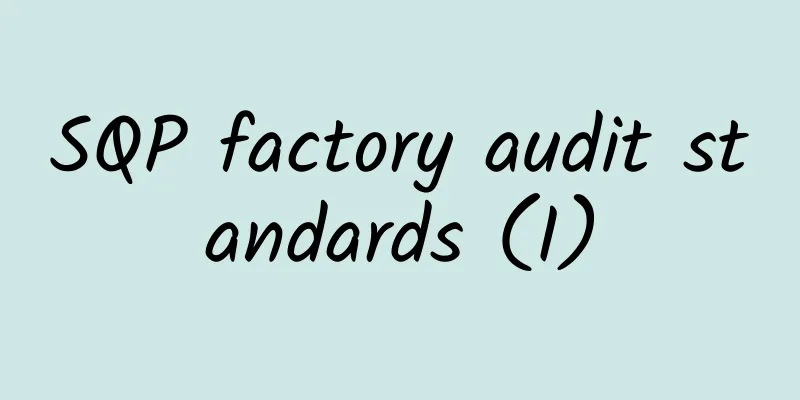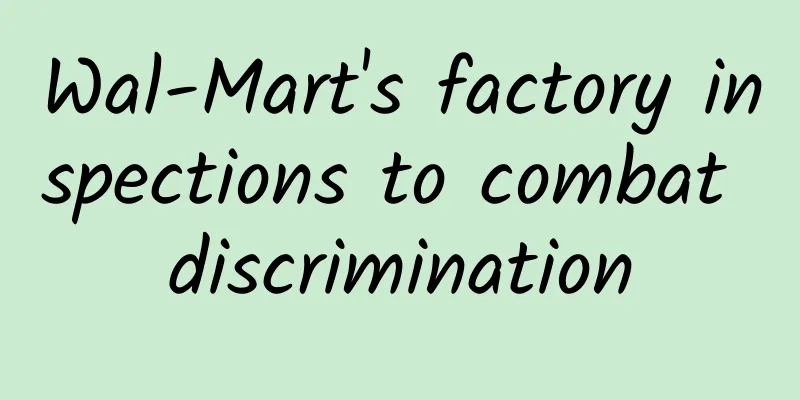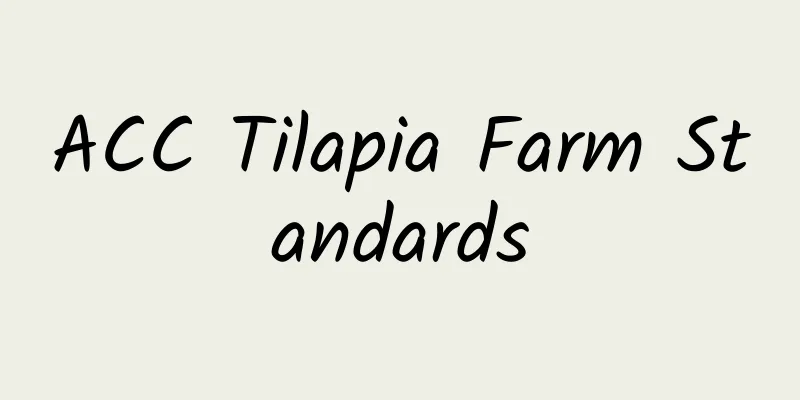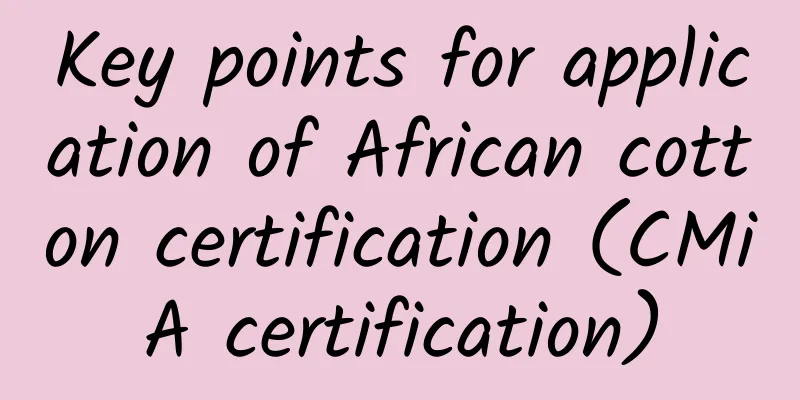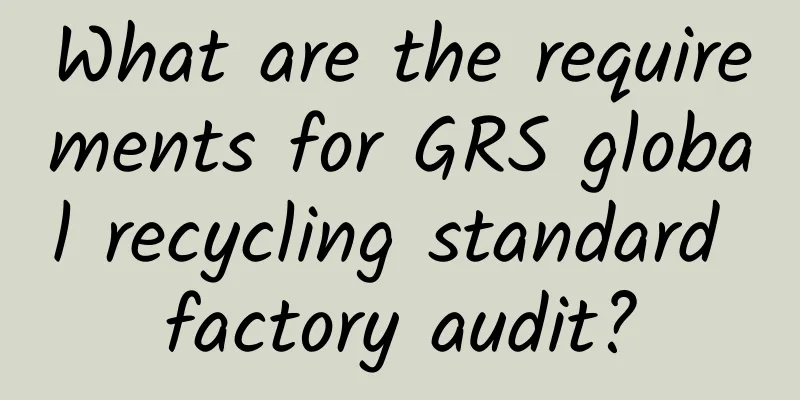How do European and American customers conduct factory inspections? Why do they conduct factory inspections?
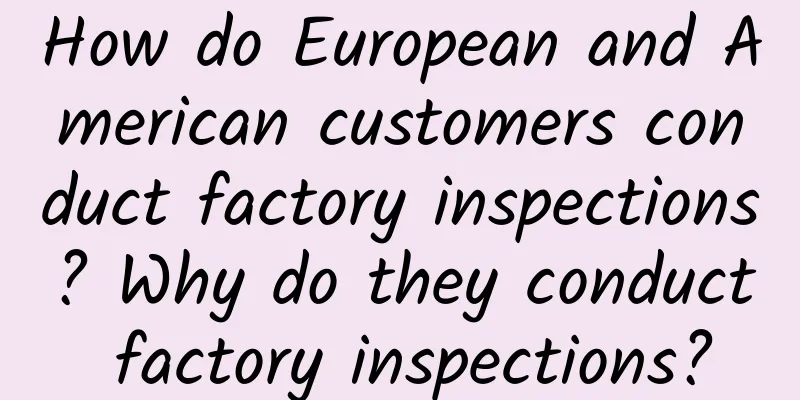
|
Since 2002, European and American customers have frequently inspected the factories of my country's export enterprises. At that time, most customers sent their own auditors to inspect the factories. The factories were more solemn than receiving heads of state, but some auditors would still search through boxes and cabinets and dig deep into the ground, which made the human resources managers responsible for the reception and audit work miserable! Many people have to ask: "Why do European and American customers, while paying attention to product quality, also need to inspect the production process and the overall operation of the factory?" This has to start with the United States. In the late 20th century, cheap labor-intensive products with international competitiveness from developing countries entered the markets of developed countries in large quantities, causing a huge impact on the domestic markets of developed countries. Workers in related industries lost their jobs or their wages fell. Their trade unions and other related interest groups demanded the implementation of trade protectionism. In order to protect the domestic market and relieve political pressure, developed countries such as the United States have increasingly criticized the employment environment and conditions in developing countries. The term "sweatshop" originated from this. Therefore, in 1997, the American Economic Priority Accreditation Committee (CEPAA) was established, designed the social responsibility SA8000 standard and certification system, and added human rights and other factors, and established "Social Accountability International (SAI)". At that time, the Clinton administration also gave great support to SAI, so the "social responsibility standard" SA8000 system was created. This is one of the basic standard systems for factory inspections by European and American customers. Therefore, factory inspections are not just as simple as obtaining quality assurance. It has risen to a political means for developed countries to protect their domestic markets and relieve political pressure. It is one of the trade barriers set by developed countries against developing countries. Factory inspection can be divided into three categories in terms of content, namely social responsibility factory inspection (ES), quality system and production capacity factory inspection (FCCA) and counter-terrorism factory inspection (GSV). Social responsibility factory inspection is mainly about the inspection of human rights; quality system factory inspection is mainly about the audit of quality control system and production capacity assessment; counter-terrorism is the anti-terrorism measures implemented by the United States from sea, land and air around the world since the "911" incident in the United States. The U.S. Customs and Border Protection encourages importing companies and the international logistics industry to promote C-TPAT (Counter-Terrorism Security Management Program). To date, the U.S. Customs only recognizes the counter-terrorism audit of ITS. Generally speaking, the most difficult factory inspection to pass is the social responsibility factory inspection, because it is mainly about the inspection of human rights. The terms such as working hours and wages and compliance with local labor laws are indeed a bit far from the national conditions of developing countries. However, in order to get orders, everyone will actively find ways. There are always more ways than problems. As long as the management of the factory pays enough attention and does a good job of specific improvement, the pass rate of the factory inspection is relatively high. Initially, the customers would usually send their own auditors to conduct factory inspections. However, as some suppliers of internationally renowned companies were repeatedly exposed by the media for human rights issues, their reputation and brand credibility declined significantly. As a result, most European and American companies later entrusted third-party notary firms to conduct inspections on their behalf. Well-known notary firms include SGS, Bureau Veritas (BV), ITS and CSCC. There are many standards and systems involved in factory inspections. Different industries have different system standards. The well-known systems include ISO9000/ISO14000/SA8000/OHSAS18000/C-TPAT and other systems. In recent years, companies providing factory inspection guidance have emerged, and various factory inspection software is also available. Customers, notary offices, and suppliers all understand the true situation of factory inspections, but this game has to continue, because in this way, customers can avoid public opinion risks, notary offices can survive and develop, and suppliers can get orders, and everyone gets what they need. However, through this kind of audit and inspection, it has played a certain positive role in promoting various organizational norms around the world. |
<<: Do not repeat factory inspections with different standards
>>: FSC certification: "Forest packaging trend" is sweeping the country
Recommend
RepricerExpress--eBay pricing tool
RepricerExpress is an excellent tool that can hel...
Factory Inspection/Inspection Consulting Global Manufacturing Code - Management System (Mattel Factory Inspection)
Management System Does the factory provide each e...
Why should we conduct Timberland factory inspection?
Why should we conduct Timberland factory inspecti...
How to perfectly connect with the new amfori BSCI platform?
Many factories have received invitations from cus...
WRAP Certification - Global Apparel Production Social Responsibility Principles
The WRAP Principles are the core standards for pr...
What are the sales skills on eBay (Part 1)?
If you want to run an eBay store well, you must h...
Carrefour ICS latest factory inspection standards
Carrefour [ICS factory audit latest standards] are...
What are the requirements for customs clearance in Japan? What products cannot be cleared?
What are the requirements for customs clearance i...
Xiesheng's annual factory inspection service reduces your factory inspection costs to the lowest level!
Xiesheng’s annual factory inspection project take...
These products on eBay are very likely to infringe copyright. How can we avoid infringement of copyright on eBay?
There have been many news reports about "inf...
Customer factory audit - agricultural product processing enterprises
In recent years, due to the needs of food safety,...
What eBay logistics methods can be used? How to choose eBay logistics methods?
What logistics methods can be used by eBay? 1. Se...
SEDEX Membership Guidelines
Sedex Membership Guidelines Sedex is a membership...
ACC Farm Application Process
1. Check the certification registry, certificatio...
Otto--Germany's second largest e-commerce company
What is Otto? Otto has 9 million registered users...
